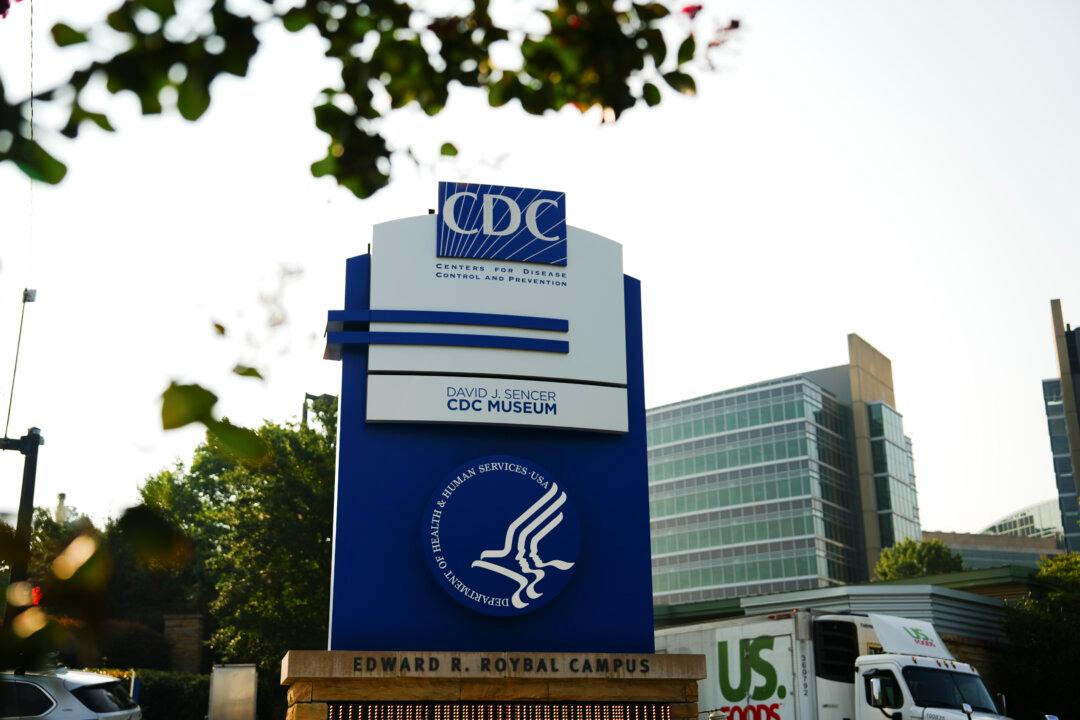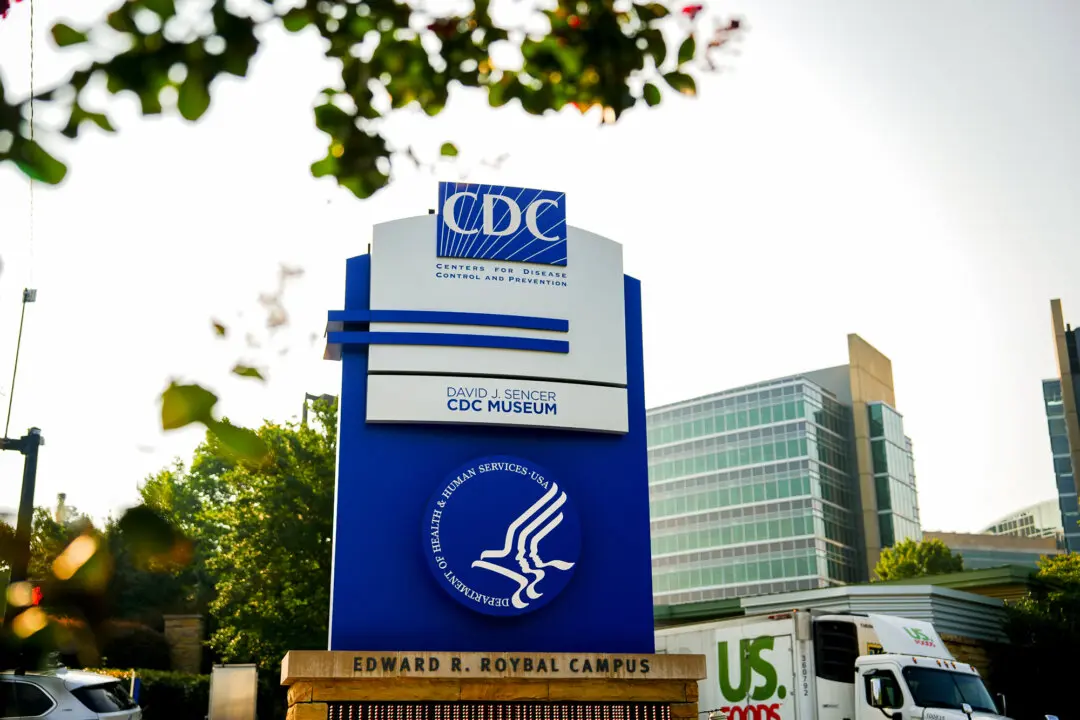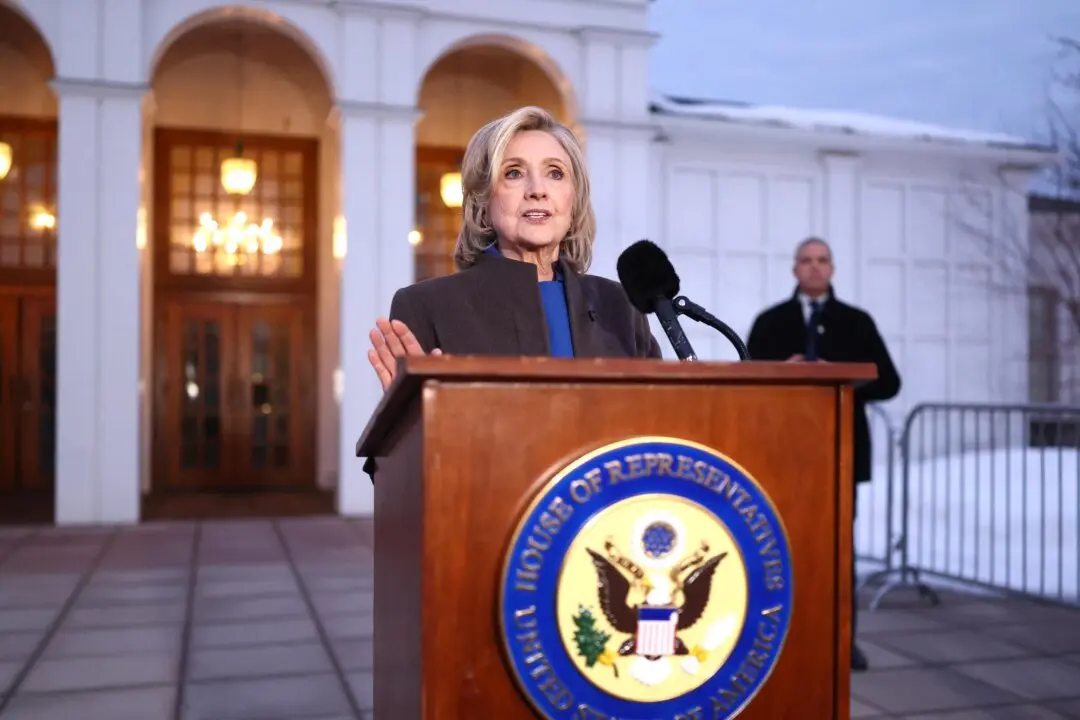Children who reported to pediatric center emergency departments with respiratory illness and were hospitalized were more likely to have taken COVID-19 vaccines, according to a new study from the U.S. Centers for Disease Control and Prevention (CDC).
More than half of vaccinated children included in the study were admitted to hospitals as inpatients, compared to less than half of unvaccinated children.





